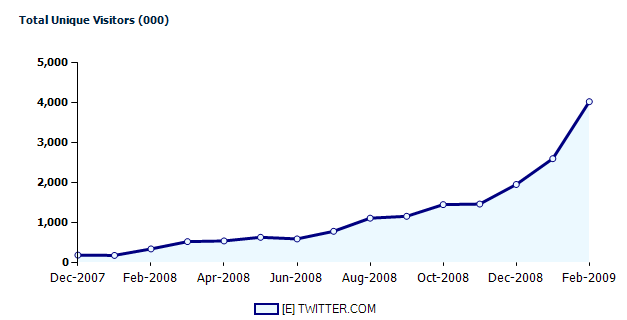Media Companies Ask Google to Favor Their Content Over Blogs
Nat Ives reports in AdAge that a number of major media companies have asked Google to give it favorable positioning over blogs...
Many publishers resent the criteria Google uses to pick top results, starting with the original PageRank formula that depended on how many links a page got. But crumbling ad revenue is lending their push more urgency; this is no time to show up on the third page of Google search results. And as publishers renew efforts to sell some content online, moreover, they're newly upset that Google's algorithm penalizes paid content.
"You should not have a system," one content executive said, "where those who are essentially parasites off the true producers of content benefit disproportionately."
What year is this? I thought it was 2009. But when I read this I felt like it was 2004 all over again. Although there may be two sides to this story, the way that AdAge is reporting it, there are number of major flaws with the media's argument here...
First, the lines between media and blogs have been obliterated. What's TechCrunch or Engadget? Sure they are blogs but they run ads. So are they social media or media? To me, we don't have zebras and elephants anymore. They have mated and we're all one species.
Second, corporations are now creating their own media. Some are calling this trend content marketing. Take a look at what Intel or Wal-Mart (a client) are doing. So should Google not favor their content either? I will eat my hat if that happens.
Finally, there's no greater friend to media companies than Google and bloggers. Witness, for example how Google is partnering with Life Magazine. Google has found a way to unlock the value in old content. These media companies need Google to help it monetize in an age where digital advertising as it stands now is not working. Further, in a world where links rule, the media companies need bloggers as well for traffic, credibility and more. Take a look at this recent data from Technorati.
A neutral Google is a good Google. They should continue to deliver an algorithm that rewards the highest quality sources that have earned a following, interest and links from other sources. If the media companies don't want Google to favor bloggers, why not just stop linking to them or use no follow tag? That may over time, erode their Google Juice. However, I suspect most realize it's too late to put the genie back in the bottle.
This argument will die on the vine I suspect. That's the way it should be.








 Young Urban Professional
Young Urban Professional